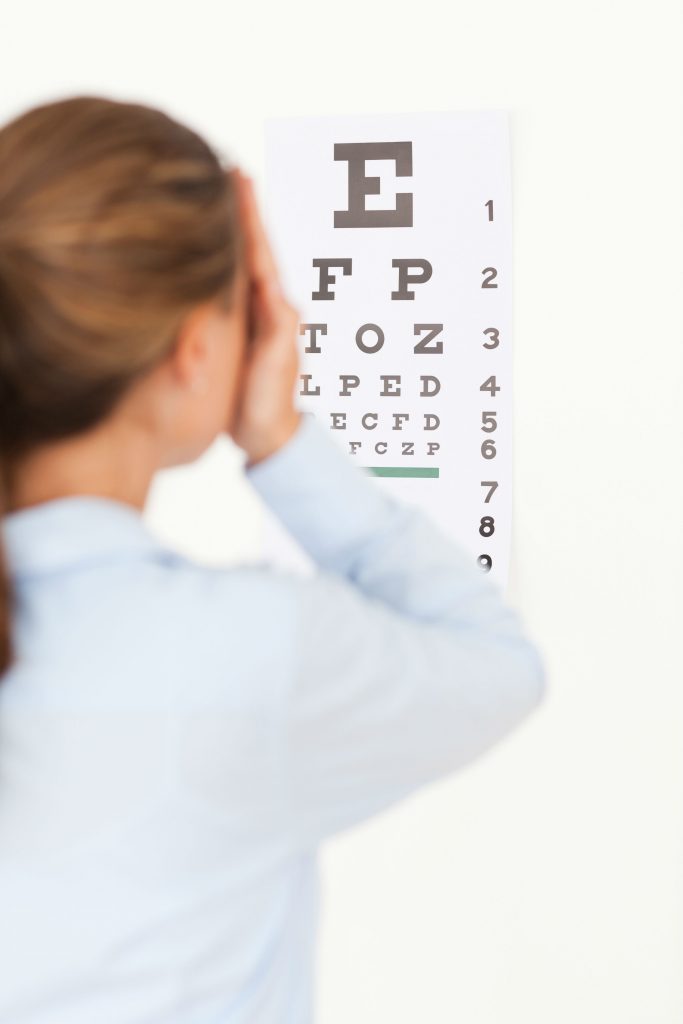When most people think of an eye doctor, they think of ophthalmology, cataract surgery, and other in-depth procedures for treating vision problems.
However, conducting routine eye examinations and administering preventative care are a huge part of an ophthalmologist’s remit.
Children, adults, and seniors should have regularly scheduled eye exams to maintain the health of their eyes and ensure any problems with their vision are caught early.
Noticing vision problems
Any change in your vision should be a cause for concern. These changes can include black spots, flashing lights, eye pain, and blurred vision.
Physical abnormalities like crossed or lazy eyes should also be monitored by an ophthalmologist. People experiencing any of these symptoms should make an appointment for an examination as soon as possible.
Eye exam schedule for children
The American Academy of Ophthalmology suggests people undergo different schedules of routine eye exams at various stages of life.
Newborns should have their eyes examined by an ophthalmologist or pediatrician at birth. An ophthalmologist should conduct further investigation into any potential issues, especially if the child has a family history of childhood eye disorders.
Babies should have an eye exam within the first 6 months to help identify any vision problems that could cause learning difficulties or behavioral problems as they grow.
These visits are especially important for infants who have no frame of reference for what “normal vision” looks like and cannot let their parents know if they don’t feel they are seeing correctly.
School-age children should have regular eye exams to make sure their eyes are developing well. Many parents discover their child has impaired vision during their early school days when they begin to struggle in class.

Eye exam schedule for adults
By the age of 40, everyone should be visiting an ophthalmologist regularly. If no risk factors or vision problems are identified, they should be re-examined every 2-4 years. Individuals between 55 and 64 years old should have an examination every 1-3 years.
Seniors above 65 years of age should wait no more than 2 years between eye exams, even if they have no symptoms of an eye disorder. Conditions such as glaucoma, cataracts, and macular degeneration occur with increasing frequency as we age.
According to the American Academy of Ophthalmology, cataract surgery is one of the most common medical procedures performed on senior citizens.
Adults with risk factors for vision problems
Factors such as overall wellness, family history, age, and race all contribute to our eye health, and adults at risk of problems should consult an ophthalmologist more often.
African-American and Hispanic people tend to be at a higher risk of developing glaucoma and should undergo an eye examination every 2-4 years.
Anyone with diabetes or a family history of eye problems like glaucoma should see an ophthalmologist every 1-2 years or as per their doctor’s instructions.
Final words
Healthy eyes are a crucial aspect of our overall well-being. Keeping up with regularly scheduled checkups can help your eye doctor identify and treat many conditions before they can cause permanent damage.



